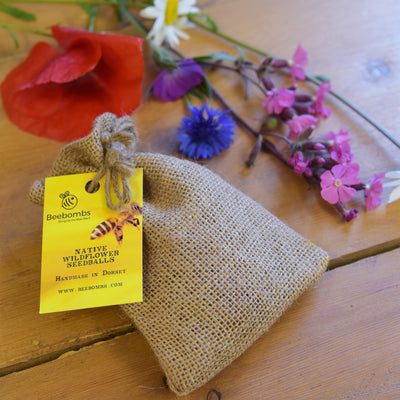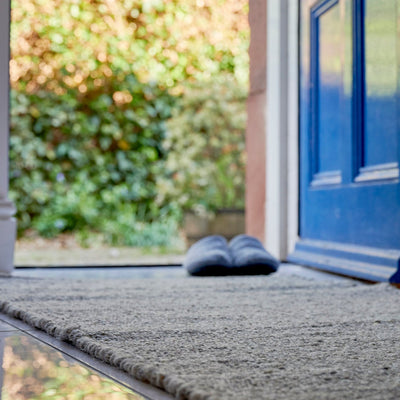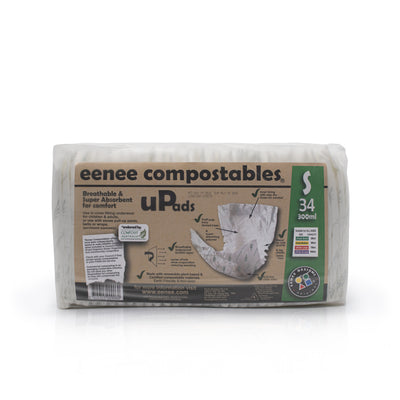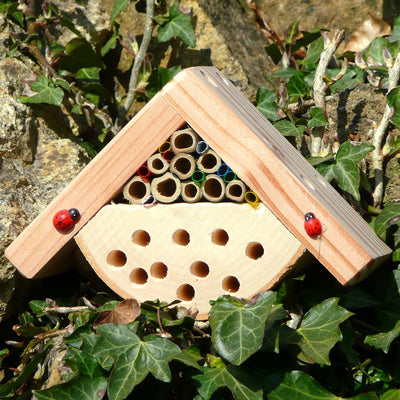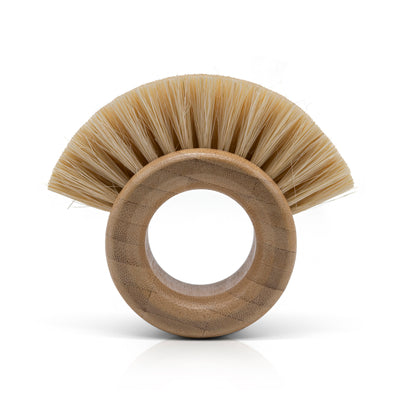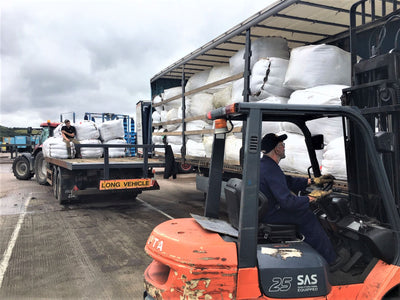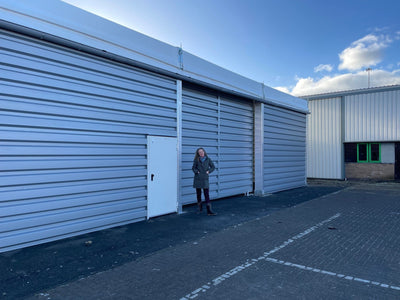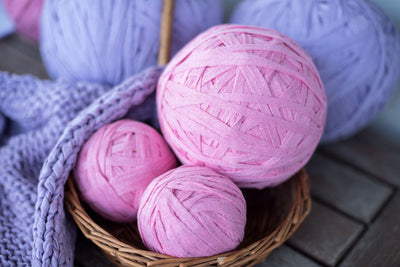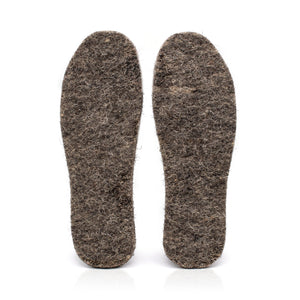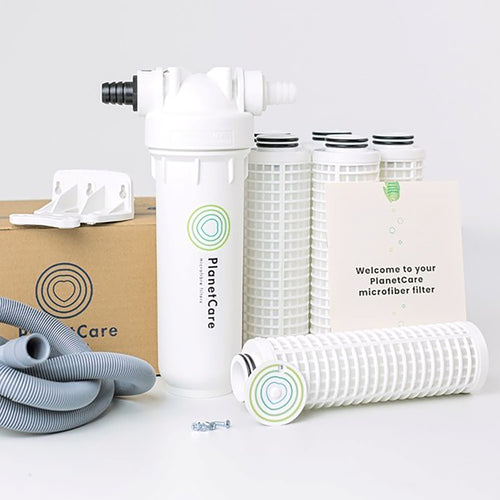We’re delighted to add a range of excellent sheep wool insulation products to our range. Wool is a remarkable natural material with a range of properties depending on how you process it and where you apply it. Having wool around the home makes it a healthier and more enjoyable environment.
Wool actually purifies the air. Its microscopic scales trap dust and impurities. Wool is hypoallergenic – it is resistant to bacteria, mould and mildew that can trigger allergic reactions. And recent research demonstrates how it reduces VOC’s in the air. VOC’s are high volatile compounds such as formaldehyde and acetone. They are widespread around the home in modern materials, paints and DIY products, cleaning products and even cosmetics. They can cause all kinds of health problems from respiratory conditions to skin conditions and can even cause liver and kidney problems. Wool has been found to permanently bind with the molecules in VOC’s, removing them permanently from the atmosphere. It’s very interesting and you can read more about it here.
Other benefits of wool are its hygroscopic qualities. It can absorb up to 33% of its weight in water without feeling wet. If your home is prone to damp it can reduce moisture from the air, releasing it again when conditions are dry or there is an increase of airflow to enable the moisture to be wicked away.
By using different manufacturing processes, sheep wool can be made to perform in different ways to provide a range of functions around the building.
Our Chimney Sheep chimney draught excluders are made densely felted wool which act as draught excluders in the chimney. They effectively block the air flow and prevent warm air from escaping. Draught excluders and insulation products work a little differently from each other. Draught excluders block the movement of air. Insulation works by preventing heat from escaping through conduction. There’s a bit more about that here. Wool can be felted into a dense material or a loose material depending on where it is to be applied.
The sheep wool insulation products are felted with a looser texture in order to trap air and prevent heat from escaping. The sheep wool insulation also keeps buildings cooler in the summer, trapping cool air inside and preventing warm air from heating the building through the walls and roof.
All the sheep wool insulation products are made using the very clever Ionic Protect®, ensuring they are permanently 100% resistant to moth infestation. This treatment changes the ionic charge of the wool fibre so the moth doesn’t recognise it as wool anymore. Mrs. Moth doesn’t even try to lay her eggs on it and flies on by. There are no chemicals, no biocides – it’s genius! I know I go on about it but you don’t know how happy I am to sell effective wool products without any worry about moths coming back to bite us.
The other brilliant thing about our sheep wool insulation products is that there are no plastic additives. Many of the other sheep wool insulations on the market have around 25% of plastic fibre added to give it “loft” and make it perform effectively as insulation. What you don’t want is for your expensive insulation to squash down over time and stop being effective. The plastic fibres help to keep it lofty and continue to perform as insulation. Alex Lehner, the engineer who developed the Ionic Protect®, wanted his sheep wool insulation products to be 100% wool and 100% effective over time. He developed a way of manufacturing it that ensured the wool insulation remained lofty over the lifetime of the product without the necessity for any additives.
Let me talk you through the products we’ve added to our range.
The sort of “value” entry level product is the Comfort sheep wool insulation. OK so if you compare it with rockwool insulation it’s not a budget product but it’s the most cost effective in our range and it’s an excellent product for insulating floors. All the insulation products are made to roll widths to fit standard joist gaps. These are generally 400mm and 600mm, so the rolls are 380mm and 570mm wide respectively. The Comfort sheep wool insulation rolls out between the joists and there you are. Cosy home! There’s no need for a dust mask or gloves or anything like that. The Comfort is quite loosely felted at 14kg per cubic metre so it’s no good for vertical applications or to fit to the underneath of a ceiling or anything like that. We’ve got other products for that!
The Optimal is a thinner felt than the other two, coming in thicknesses of 50mm and 75mm. It has a smoothly felted outer surface which makes it very easy to handle and to staple to vertical and sloping surfaces. It has a density of 18kg per cubic metre. It’s also good for topping up existing insulation.
The Premium is a fabulous insulation material. It’s made in a clever concertinaed structure which gives it stability in any elevation it’s applied in. It’s denser than the others at 20kg per cubic metre. It can be quickly rolled out between floor joists, stapled between rafters or hung between wall timbers. Like the Comfort, this comes in thicknesses of 100mm and 150mm.
Those are the three types of insulation, which can be applied in walls, floors and ceilings. There are also some effective wool underlay products in the SilentWool range.
The SilentWool Carpet is a gorgeous all-wool underlay that cushions every step with the added bonus of being 100% mothproofed. It provides a layer of insulation and is perfect for laying onto wooden floors in older homes to cover gaps between floorboards.
The SilentWool Floor is a dense wool underlayment for going under solid wood, engineered and laminate floors. It has a layer of paper covering it so it isn’t snagged as the hard floor is laid on top. It’s 100kg per cubic metre, and 3mm thick, so it will cushion the hard floor and significantly reduce sound reverberations. It’s been shown to reduce sound by around 21 decibels. That’s about half.
SilentWool Joist is also a very useful product in the armoury of wool sound insulation. It is 10cm wide, 10m long, same stuff as the SilentWool Floor (minus the paper) that is rolled out along a joist and stapled to it before the next layer of timber is laid across it. This significantly reduces sound reverberation through buildings.
Wool is a traditional, natural material, but through innovative manufacturing processes it performs as an effective modern technical material in traditional and contemporary buildings. It is sustainable and at the end of its long life, compostable. There are lots of reasons for using sheep wool insulation in your home!



